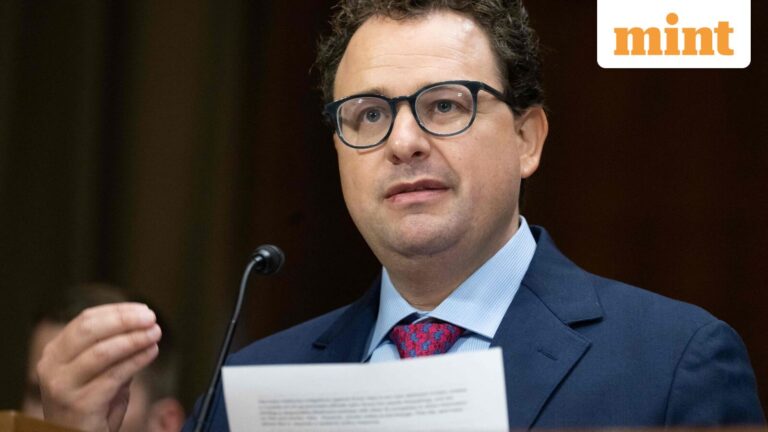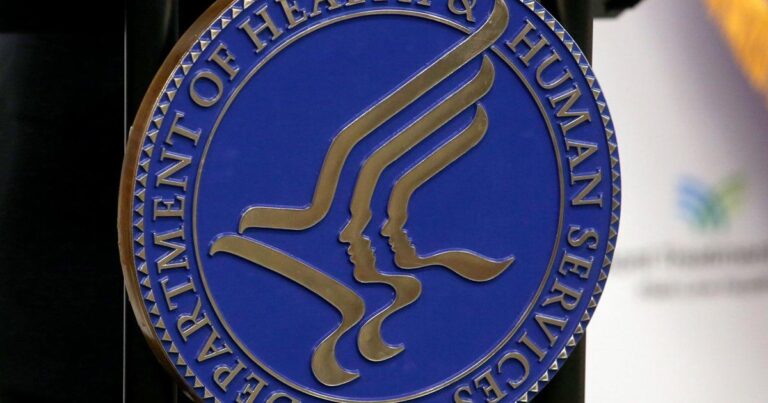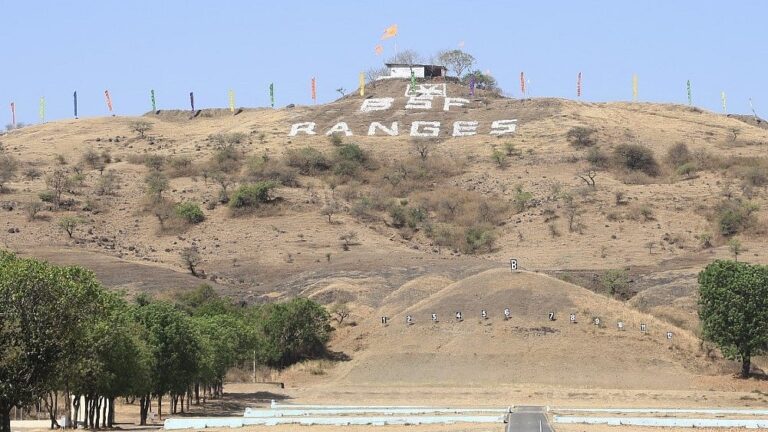The National Association of Software and Service Companies (NASSCOM) has said that the recent decision by the US government to impose a one-time fee of $100,000 on H-1B visas will have a marginal impact on Indian IT firms.
Category: policy
Koonin providing clarity on climate?
This is a re-post from And Then There’s Physics It seems that the US Department of Energy has now disbanded the Climate Working Group that drafted the report that I discussed in this post. However, about a week ago, Steven Koonin one of the authors of the report had an article in the Wall Street Journal titled At Long Last, Clarity on Climate. Clarity is a bit of a stretch. Personally, I think it more muddied the waters, than brought clarity. A general point that I didnt really make in my previous post (and that has just been highlighted in a comment) is that it is explicitly focussed on the US. The richest country in the world probably is more resilient than most others and could well decide that its better to deal with the impacts of climate change than committing too much now to avoiding them. I happen to disagree with this as I think it ignores how the US has benefitted from something that will negatively impact others, ignores that countries cant really exist in isolation, and ignores that there are potentially outcomes that even wealthy a country will struggle to deal with. However, I can see how some might conclude this, although it might be good if they were much more explicit. What I thought I would do is try to address some of the claims and conclusions made in Steven Koonins article. Theres an element of truthiness to the article; some claims may be true, but they dont really support the argument being made. For example, he says: While global sea levels have risen about 8 inches since 1900, aggregate U. S. tide-gauge data dont show the long-term acceleration expected from a warming globe. U. S. tide-gauges may indeed not show the expected long-term acceleration, but the rate of global sea level rise is indeed accelerating. Similarly, he says that: Data aggregated over the continental U. S. show no significant long-term trends in most extreme weather events. Claims of more frequent or intense hurricanes, tornadoes, floods and dryness in America arent supported by historical records. Some of the statements (no long-term trends, historical records) may indeed be technically true. However, there are numerous studies that have shown that climate change has affected extreme events in Northern America. You can find many examples in this Carbon Brief article that has mapped how climate change affects extreme weather around the world. He also claims that: Natural climate variability, data limitations and model deficiencies complicate efforts to attribute specific climate changes or extreme events to human CO2 emissions. I suspect these factors do indeed complicate efforts, but so what? It is complicated, but that doesnt mean that studies havent been done that do indeed demonstrate that human CO2 emissions are driving climate change and influencing extreme events. Ill end this bit with a comment about something he says about climate models: Complex climate models provide limited guidance on the climates response to rising carbon-dioxide levels. Overly sensitive models, often using extreme scenarios, have exaggerated future warming projections and consequences. There is a hot model problem, but there are ways to correct for this, and climate models have generally been skillfull. Also, climate models are typically making projections or conditional predictions because the emission pathways are inputs to the models. Hence the result is telling us something about what might happen if we follow that emission pathway. The emission pathways that are considered range from ones where we soon start reducing emissions to ones where it continues increasing. To suggest that climate models have exaggerated future warming projections when the emission pathways are inputs seems a little confused. Im not writing this to try and change the minds of those who think the DOE climate report was excellent and who think that the authors are some of the best scientists in the field. That would be silly and naive. Im partly writing this because its a rainy Saturday afternoon and its a topic I find interesting. However, another reason is that I think its important to think about why people with relevant expertise can write something that seems intellectually weak and sloppy, but present it as if its a careful piece of work thats provided clarity. Would be easy to conclude that its simply them being dishonest, but Im not convinced its quite that simple or convenient. I wouldnt be surprised if the authors believe that they have written a good report and that what theyve presented has provided some clarity. So, how do you have serious discussions about complex topics when people who are regarded as experts in the field cant even decide on some of the scientific fundamentals, or the significant of what the scientific evidence suggests? I certainly dont know the answer, but I do think it is something worth thinking about. Links: At Long Last: Clarity on Climate Steven Koonins WSJ article. The New DOE Climate Report my earlier post on the DOE Climate Report, with a link to the report. Trumps Energy Department disbands group that sowed doubt about climate change NPR article about the DOE CWG being disbanced. Climate Change: Global Sea Level NOAA webpage highlighting that the rate of global sea level rise is accelerating. Mapped: How climate change affects extreme weather around the world Carbon Brief article mapping attribution studies for extreme events. The hot model problem my post about the hot model problem. Evaluating the Performance of Past Climate Model Projections paper by Hausfather et al. Past warming trend constrains future warming in CMIP6 models Tokarska et al. with a method for downweighting models based on how well the agree with past warming trends.
Mumbai Environment Alert: BMC To Enforce Stricter Pollution Penalties On Construction Sites From November
The BMC’s Environment Department, currently enforcing Solid Waste Management (SWM) by-laws, is finalising a new by-law with stricter penalties set to take effect in November. This will empower the department to act directly and impose tougher fines for pollution violations, especially targeting construction sites that breach dust control norms, boosting efforts to reduce environmental pollution.
How IT body Nasscom reacted to Trump’s $100,000 H-1B visa-fee
Nasscom, a major player in the Indian tech industry, is evaluating the potential impact of US President Donald Trump’s proclamation to impose an annual fee of $100,000 (around 88 lakh) on H-1B visas.
How IT body Nasscom reacted to Trump’s $100,000 H-1B visa-fee
Nasscom, a major player in the Indian tech industry, is evaluating the potential impact of US President Donald Trump’s proclamation to impose an annual fee of $100,000 (around 88 lakh) on H-1B visas.
How IT body Nasscom reacted to Trump’s $100,000 H-1B visa-fee
Nasscom, a major player in the Indian tech industry, is evaluating the potential impact of US President Donald Trump’s proclamation to impose an annual fee of $100,000 (around 88 lakh) on H-1B visas.
Anthropic CEO Dario Amodei: 25% Chance AI could be catastrophic, 75% chance it could thrive
Anthropic CEO Dario Amodei warned at the Axios AI + DC Summit that AI carries a 25% risk of catastrophic outcomes but a 75% chance of positive impact. He highlighted threats to societal systems, job displacement, and geopolitical risks, while stressing that governance can shape outcomes.
HHS moves to shut down major organ donation group in latest steps to reform nation’s transplant system
As part of its efforts to strengthen the country’s organ transplant system, the US Department of Health and Human Services says it is moving to decertify a major organ procurement
Indore: ₹60 Crore Upgrade For Revati Shooting Range
SAI-backed upgrade to have Olympic-level facilities, hostels, sports medicine centre, training, and national competitions
















